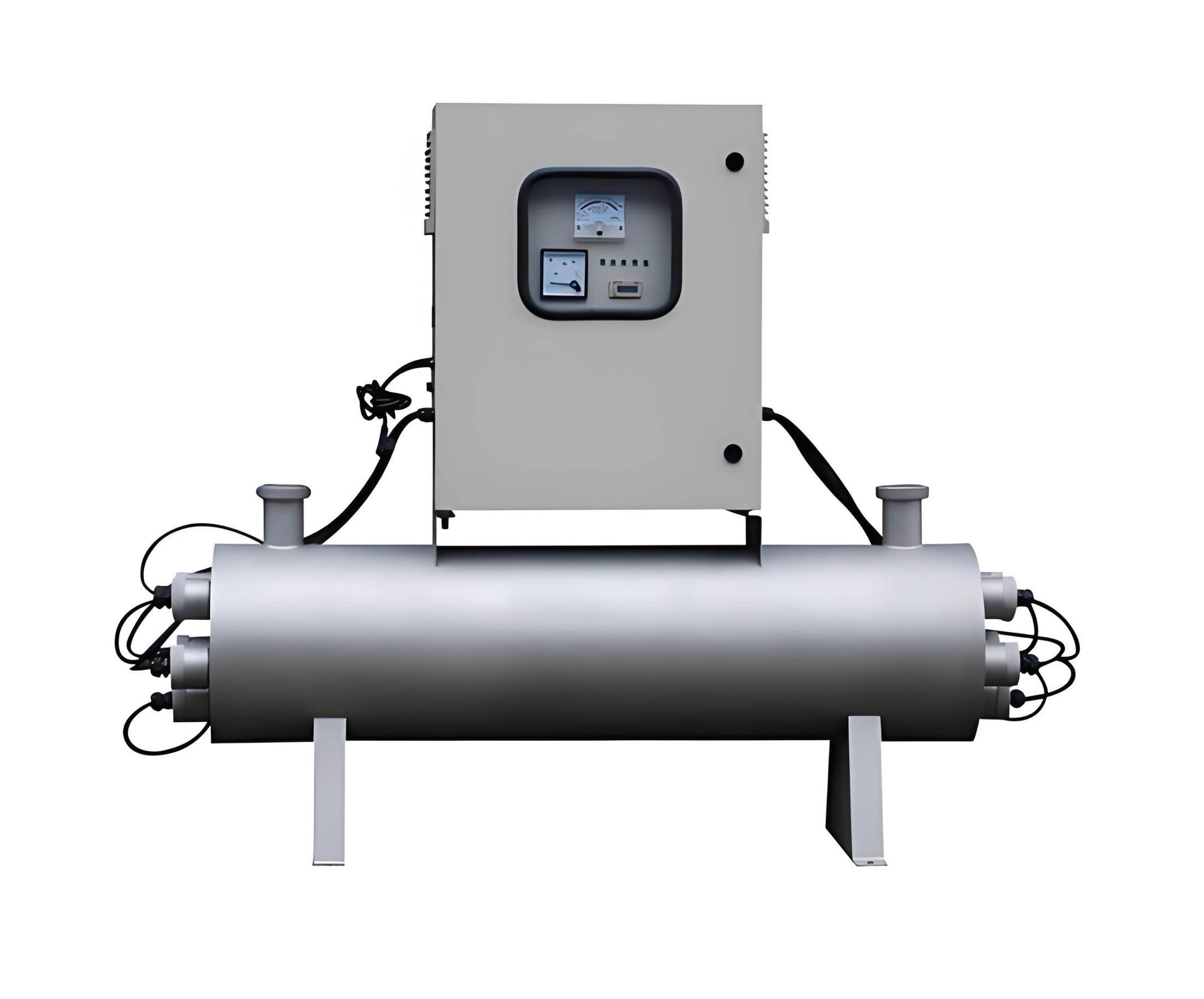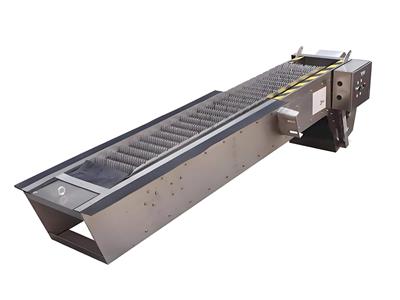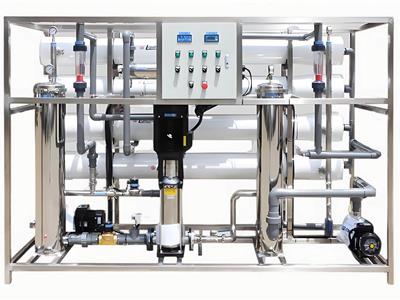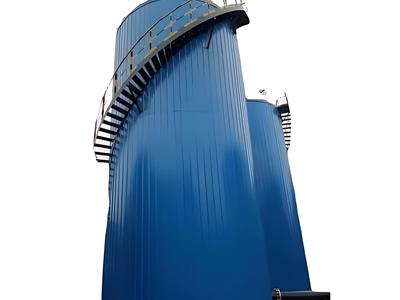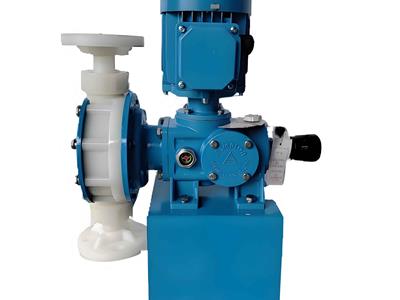- 2025-07-24
What is a UV Sterilizer
In the field of water purification and treatment, ultraviolet disinfection, also known as UV sterilizers, can make water healthier and extend the life of treated water. So what exactly is a UV sterilizer? How does it further purify water and eliminate harmful bacteria and microorganisms that may still grow in the water even after treatment?
UV sterilizers are very effective in removing all microbial contamination from water. However, to achieve the best disinfection effect, it is important to ensure that the UV exposure of the sterilizer is sufficient. UV sterilizers are used in a wide range of applications, from drinking water treatment in residential areas or small commercial places to large-scale water treatment in municipal areas and industrial facilities. Over the years, UV technology has become a safer, more cost-effective and more efficient way to disinfect water.
Without a doubt, in any environment where sterile, pure water is required, UV sterilizers are the best choice for thorough disinfection to prevent contamination before reaching the final use point. It is suitable for almost all scenarios where microbial-free, safe and pure water is required, and it can be used as long as the water may be contaminated before reaching the final use point.
What is a UV Sterilizer?
To effectively sterilize with a UV sterilizer, a wavelength of at least 253.7 nanometers is required to work on bacteria, microorganisms, algae, viruses, and other biological contaminants that spread quickly. The UV disinfection process works well because it damages the DNA of microorganisms, making them unable to grow. The end result of the UV disinfection process is that all biological contaminants in the water are removed in less than 10 seconds of exposure to the UV light. UV sterilizers are highly regarded for many advantages, such as being easy to install and not changing the taste, pH, or other properties of the water.
How does UV disinfection work?
The ultraviolet light emitted by a UV sterilizer penetrates disease-causing agents and destroys their DNA. This is critical because DNA is the basis for the normal functioning and reproduction of organisms, so if the DNA is damaged, the organism cannot move or grow. The energy of UV light is similar to the energy of sunlight, but it is more intense, thanks to a discharge lamp called a UV lamp.
As long as the UV dose is appropriate, any microorganisms can hardly survive under the action of UV sterilizers. Therefore, UV sterilization is considered the best choice for water disinfection, and there is no problem of equipment overheating. Because there is no need to buy other equipment to solve the overheating problem, a lot of costs can be saved.
Industries using UV sterilizers
UV sterilization systems are not as simple as discharge lamps in pipes. Well-made industrial UV sterilizers and commercial UV sterilizers can bring very good results to users in various industries, such as:
Food processing: Water treatment is a key factor in the entire food and beverage industry. After all, it is directly related to people's use.
Biopharmaceuticals: Water used for pharmaceuticals, medical products and CIP (cleaning in place) should be free of contaminants such as ozone, chlorine and bacteria. Most pharmaceutical companies rely on UV sterilizers to purify water.
Cosmetics: Water without microorganisms and pathogens can ensure the stability of cosmetics and extend their shelf life. The alternative method recommended by the global cosmetics industry is UV sterilization.
Wastewater Disinfection and Reuse: UV sterilization can help solve water shortages through tertiary wastewater treatment and improve freshwater utilization. UV wastewater systems treat wastewater so that it can be reused for beneficial purposes such as drainage and farming.
Mining Water Treatment: FupengWater's membrane systems are designed to minimize pollution from large-scale mining operations. Most of the recovered water can be reused, which reduces the demand on local water supplies.
Seawater Purification: As the world's water resources become increasingly scarce and/or polluted, desalination systems can ensure a continuous supply of clean fresh water.
Military Water Purification: Military water purification systems are equipped with sophisticated instruments to ensure that nothing goes wrong. The result is an efficient, reliable and durable military-grade water treatment equipment that has been tested for a long time in military enterprises around the world.
What are the benefits of UV sterilizers
Versatile: Capacity ranges from 40 to 1,300 gallons per minute.
Environmentally friendly: The disinfection process does not produce harmful byproducts.
Efficient: All known organisms are susceptible to UV sterilizers.
Economic: The most cost-effective disinfection system on the market.
Safe and chemical-free: No chemicals are added, so there is no overdose.
Fast: The disinfection process takes effect as soon as the UV light contacts the organism.
Easy to manage: Advanced features allow for high accuracy and monitorability.
Does a UV sterilizer require regular maintenance?
In some cases, if the water is not well pre-treated and the turbidity is low, regular monitoring and cleaning can be performed every 6 months. If the turbidity is high and the water is used for a long time, more frequent cleaning may be required. Finally, the life of the UV lamp will gradually decrease and it should be replaced in time when it is almost exhausted. The test circuit should be able to send a trigger signal so that in case the UV lamp fails prematurely, it can be prompted to replace it.

